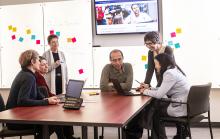News
-
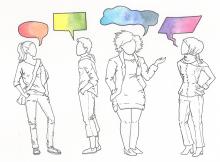 July 30, 2020
July 30, 2020Finding your voice: gender affirming voice training in BC helps people find their true voice
Image credit: Rachel Cripps @miss_rachelclaire A publicly funded gender affirming voice training program in BC gives participants the tools to find and develop their true voice. Developed in 2004 by School of Audiology and Speech Sciences (SASS) Clinical Assistant Professor Shelagh Davies,…
-

-

-
July 16, 2020
test
Your work investigates non-heritage learners’ acquisition of tones, especially Tone 3 in the learning of Mandarin Chinese. What has your research found? In learning Mandarin Chinese, one of the first things that learners have to tackle are the four tones, of which…
-
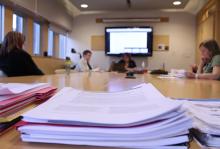 July 16, 2020
July 16, 2020'Review of reviews' of patient and healthcare provider communication aims to help vulnerable groups
A 'review of reviews' looks to identify gaps in academic literature regarding how communication between a healthcare provider affects the health of a patient, focusing on vulnerable populations. Evidence shows that face-to-face communication between healthcare provider and patient can affect…
-
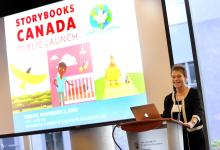
-
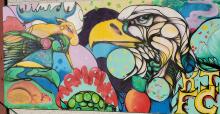 July 7, 2020
July 7, 2020I'm not from a dot on a map: language revitalization as a site for reconciliation
Image: Mique Michelle and the Mamawi Summer Camp Participants of 2018. Photo credit: Terrence Sutherland Language revitalization could serve as a site for reconciliation between Indigenous and non-Indigenous people in the town of Kapuskasing. That's according to Language Sciences affiliate…
-
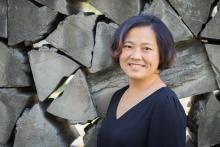 May 21, 2020
May 21, 2020Creating a safe space for heritage learners of Chinese, and helping non-heritage learners produce tricky tones
UBC's Chinese Language Program can offer a safe space for heritage learners to share similar stories and challenges, as well as an opportunity to connect with this heritage. That's according to 2019/2020 Killam Teaching Prize winner and director of the program, Dr. Qian Wang. A Language Sciences…
-
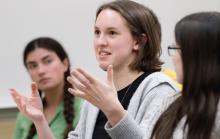 May 19, 2020
May 19, 2020Pupa versus puppies: how language can be used to manipulate and other lessons from the Living Language course
Why are invertebrates referred to as 'pests' in journal articles, but rats aren't? Why should sign language courses be offered at the university? How can non-English and non-French speakers easily access mental health services in Canada? Final projects for the Living Language: Science and…
-
